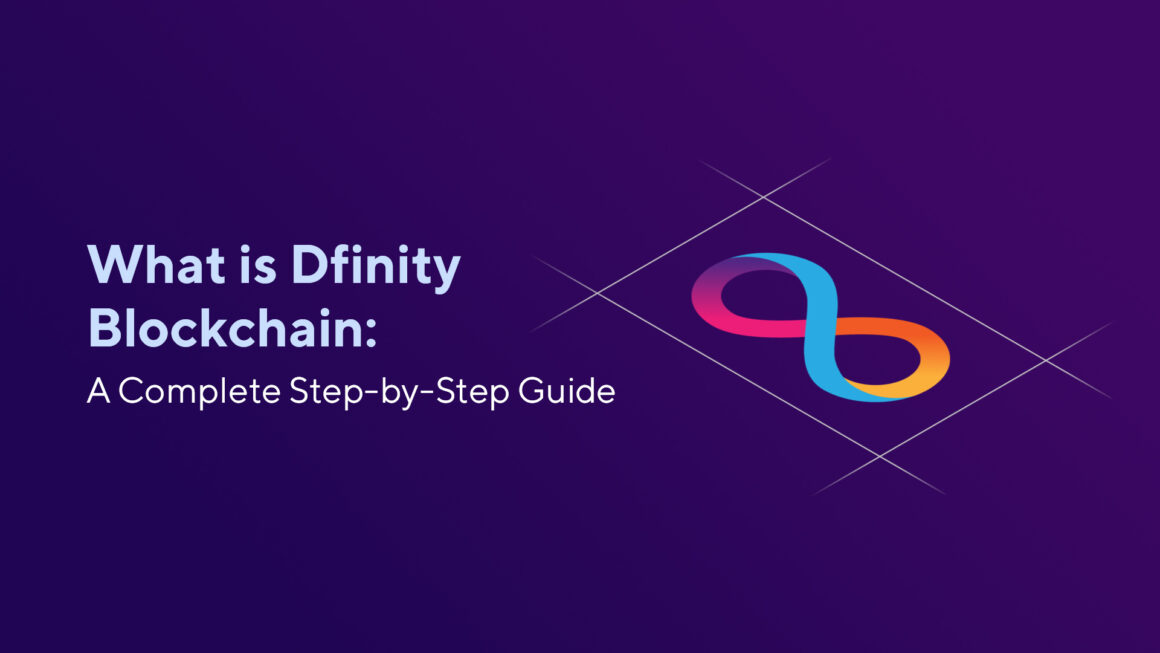The Dfinity Foundation has existed since 2016 and is based in Zurich. However, the organization has offices in Palo Alto and San Francisco as well. It’s a non-profit organization that’s about to reduce costs for cloud services significantly. It was founded by Dominic Williams.
In order to finance the project, the company can rely on well-known investors. Among them are Andreessen Horowitz and Polychain Capital, which can boast of many successful projects in the crypto sector. Initial funding in 2018 was $61 million.
The company’s goal is to create a decentralized cloud that executes smart contracts on the Ethereum blockchain. An Internet computer is supposed to provide infinite capacities and belong to the third generation of networks. The innovations particularly include the company’s own network protocols in connection with cryptography. The smart contracts should be executable on both Ethereum and the Dfinity blockchain. Developers of decentralized apps can therefore work in both networks.
Dfinity Blockchain Nervous System (BNS)
The Dfinity Blockchain Nervous System (BNS) is one of the most important building blocks of the network. It’s an artificial intelligence that’s fed into a system and has a very high level of authority. It thereby takes on the role of a decentralized supernode.
Thus it can also solve tasks that would otherwise require the participation of third parties. Every innovation in the system is verified by the BNS. It then decides on the new proposals. The neurons that can arise from all participants in the network count as votes. The BNS is constantly developing and trying to make better decisions.
Each person can create votes in the form of neurons. This is done by freezing a certain amount of Dfinity tokens for a certain period of time. Users involved in the election then receive a reward that corresponds to the amount of deposit.
Another innovation compared to other blockchains is an ability to fix security gaps in real time. While most projects have to fear a hard fork of participants in the event of a faulty situation, Dfinity can simply undo the event. This would make a hack less dangerous and, in the worst case, a stolen credit could be canceled.
What is Dfinity Token (DFN)?
The Dfinity Blockchain can be based on its own token, with which transactions are carried out in the system. While in the Bitcoin network it can take about an hour to complete a transaction, with Dfinity it only takes about three seconds. This means that a significantly higher number of transactions can take place and the network is therefore also more scalable.
The Dfinity token is the basis in the network, which is required for all processes on the blockchain. By paying a small fee for gas, users can create their own smart contracts. This is comparable to the Ethereum blockchain and the fees in the form of gas.
In addition, a certain amount of Dfinity tokens must be available. This means that users will be able to act as nodes themselves and manage the network. Remuneration in the system is also based on the Dfinity token.
What do you guys think about Dfinity Blockchain? Just share your opinion in the comments!

Leave a Reply